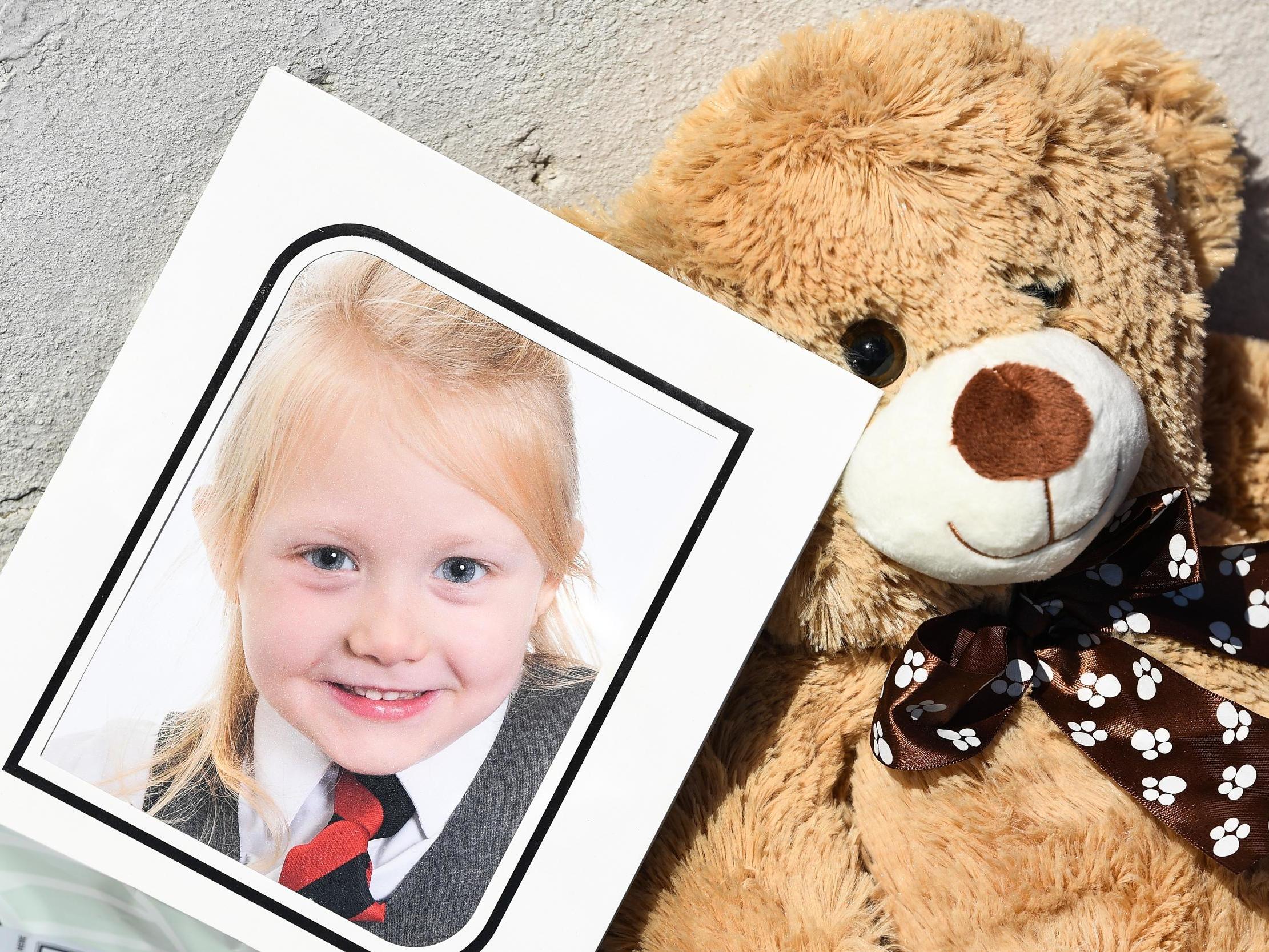Calls to screen children for psychopathic traits must caution against stigmatising mental health
Attempts to identify psychopathy in children are laudable but the public’s often simplistic attitude to serious mental health conditions could undermine good intentions

The murder of Alesha MacPhail at the hands of 16-year-old Aaron Campbell rightly sparked grief, revulsion and a search for answers as to why it happened and how it could be prevented.
Campbell was sentenced last month to a minimum of 27 years after he abducted the six-year-old from her grandparents’ home on the Isle of Bute on 2 July 2018, then raped and murdered her.
Described during sentencing as a “cold, callous, calculating, remorseless and dangerous individual”, a psychological assessment said his “matter of fact” recollection of the murder was notable for its total lack of emotion.
Subscribe to Independent Premium to bookmark this article
Want to bookmark your favourite articles and stories to read or reference later? Start your Independent Premium subscription today.